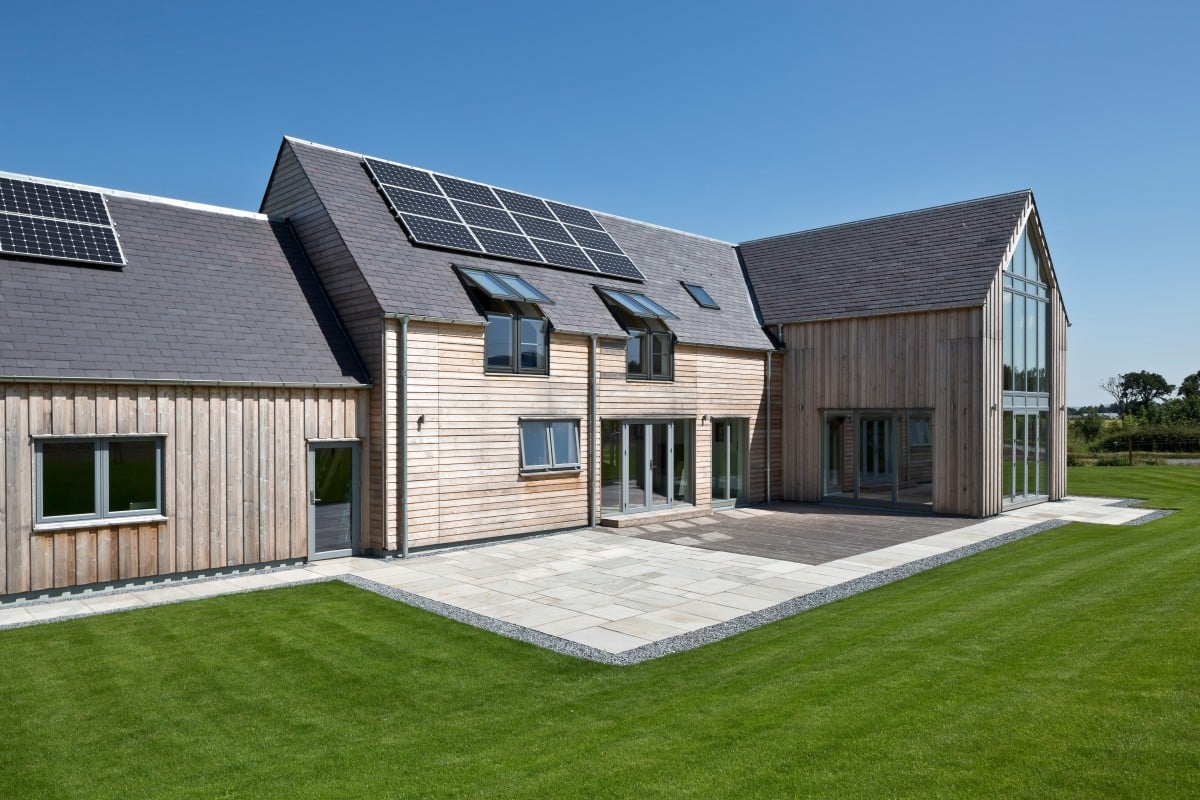Aoteng Insights
Your go-to source for the latest trends and insights.
Home Sweet Energy Saver
Transform your home into an energy-saving haven! Discover expert tips and tricks to cut costs and boost comfort today.
10 Simple Tips to Reduce Your Energy Bill at Home
Reducing your energy bill at home doesn't have to be a daunting task. Here are 10 simple tips you can implement today:
- Upgrade to energy-efficient appliances. Older appliances consume more energy, so consider investing in Energy Star-rated products. Learn more about the benefits of energy-efficient appliances here.
- Seal gaps and cracks around windows and doors to prevent drafts. This simple fix can significantly lower your heating costs.
- Utilize natural light whenever possible; open curtains during the day to reduce reliance on artificial lighting.
- Implement a routine for changing air filters in your HVAC system, as dirty filters can cause your system to work harder.
- Use programmable thermostats to automatically adjust your home’s temperature when you're away, which can lead to substantial savings.
In addition to the above tips, consider the following strategies to further decrease your energy costs:
- Unplug electronics when not in use, as they can still draw power in standby mode (often referred to as ‘phantom loads’).
- Opt for LED light bulbs, which use up to 80% less energy than traditional incandescent bulbs.
- Limit the use of space heaters and air conditioning; try wearing layers in winter or using fans in summer to stay comfortable.
- Consider investing in solar panels; while the upfront cost can be high, they often pay off in the long run by slashing energy bills significantly. Explore more on solar benefits here.
- Lastly, regularly audit your energy usage to identify areas where you can save even more. Energy audit services are available through your local utility; find out more here.

Understanding Energy Efficient Appliances: Are They Worth the Investment?
In today's eco-conscious world, energy efficient appliances have emerged as both a practical and sustainable choice for homeowners. These appliances are designed to consume less energy while providing the same level of performance as their traditional counterparts. For example, ENERGY STAR certified products use approximately 10-50% less energy compared to standard models, helping you reduce your utility bills significantly. While the initial investment for these energy-efficient models may be higher, the long-term savings on energy costs can make them a smarter financial decision.
Moreover, investing in energy efficient appliances contributes to a healthier environment by reducing greenhouse gas emissions and conserving natural resources. When you consider the cumulative impact of many households switching to these appliances, the benefits can be substantial. According to the EPA, widespread use of energy-efficient appliances can prevent millions of tons of carbon dioxide emissions annually. Therefore, not only are these appliances worth the initial investment, but they also support a sustainable future for generations to come.
How to Identify and Seal Energy Leaks in Your Home
Identifying energy leaks in your home is a crucial step towards improving energy efficiency and reducing utility bills. Begin by inspecting common areas where heat loss occurs, such as windows, doors, and attic spaces. Utilize simple tools like a smoke pencil or an infrared thermometer to detect drafts. Pay attention to seams, cracks, and gaps, particularly around plumbing and electrical penetrations. A thorough inspection can help you pinpoint specific locations that may require sealing.
Once you have identified potential energy leaks, sealing them is essential to improving your home’s energy performance. Common methods include using weatherstripping on doors and windows, applying caulk to cracks and gaps, and installing foam insulation in larger holes. Consider utilizing energy-efficient window films or energy caulk for added insulation. Regular maintenance and inspection ensure that your home remains efficient and comfortable, while also contributing to long-term savings on your energy bills.